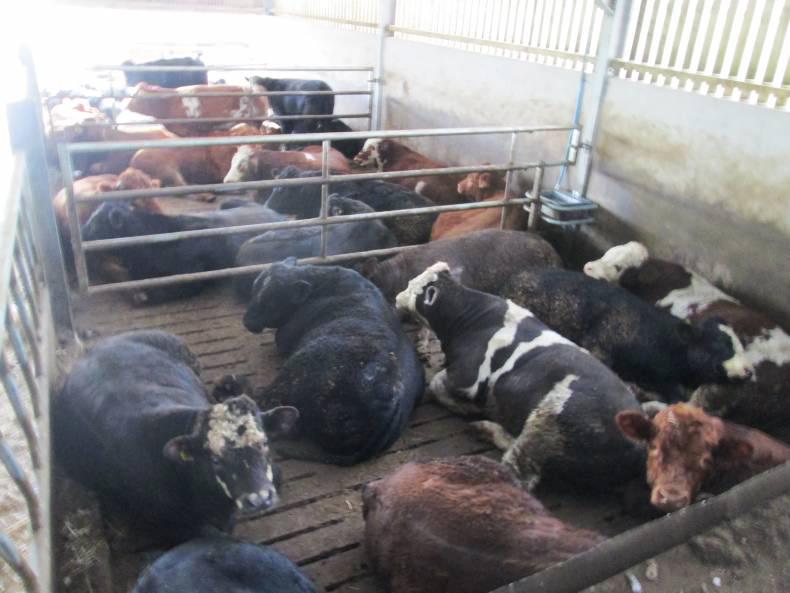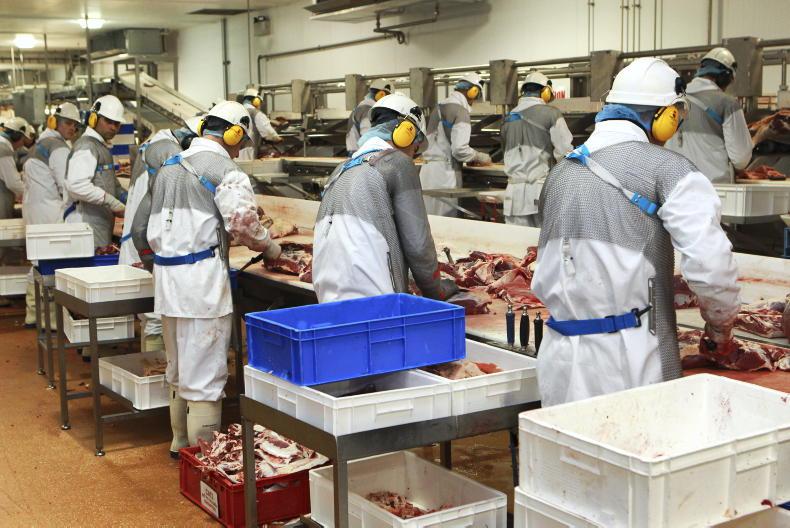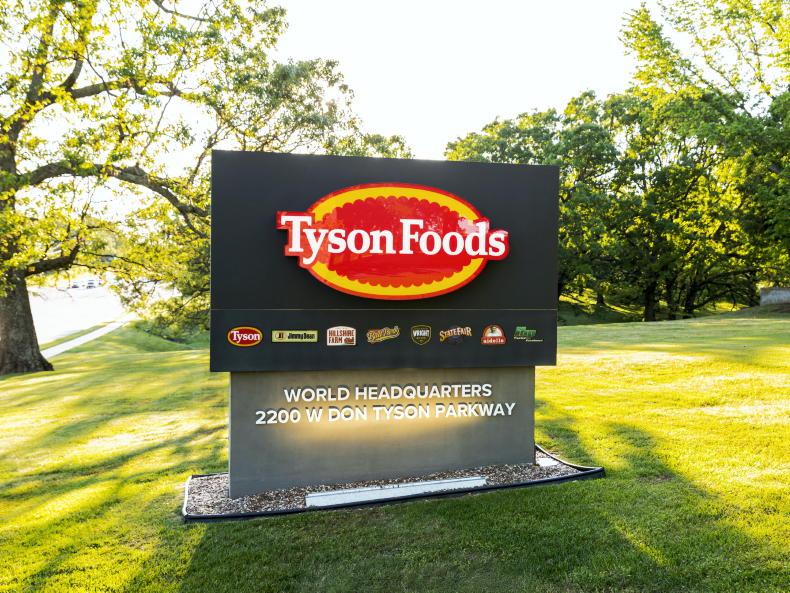Nearly a year after NI was granted BSE negligible risk status by the World Organisation for Animal Health, farmers here are yet to see any significant direct benefit.
The main long-term financial gain from changing from controlled risk to negligible risk status is expected to be seen in enhanced trade opportunities, with the local meat trade estimating that it could be worth £12m per year.
However, it was also expected that waste disposal charges at slaughter would be cut, as under the new rules various parts of the carcase that previously had to be rendered (classified as specified risk material – SRM) can now go to the food chain or end up, for example, in pet food.
That includes the tonsils, spinal column, intestine and tissues around the intestine, which are no longer seen as SRM. Parts of the skull and spinal cord are still treated as SRM. All SRM is classified as category one animal byproduct, and must be rendered in a suitable facility such as Linergy or Foyle Proteins.
Previous estimates suggested that moving from controlled-risk to negligible-risk BSE status would see a 60% reduction in the volume of material to be rendered, with estimated savings of £1.2m per year.
However, at present, farmers are still paying around £3m per year for waste disposal, a cost that averages over £7/head. That is up significantly from pre-2016, when these costs were typically £4 to £4.50 per animal.
As a result of the changes to BSE status, it is understood that one local abattoir has recently moved to implement a small reduction in the charges. All the others are still charging the same as previously.
According to sources in the trade, the amount of material currently heading to rendering is virtually the same as before the change to BSE status, which effectively means that factories are not harvesting off the various cuts.
That is partly the result of a slow market for these products, meaning that it is not economically viable to do so at present.
However, the finger of blame is also being pointed at DAERA vets in meat plants.
“It is expensive to harvest off these cuts because of the way DAERA are implementing the changes. We have a very tight control in NI. For our counterparts in Britain, the controls seem to be a lot more sensible than they are here,” commented a senior source.
Read more
NI industry proposes single outlet for deadstock
NI and Scotland’s negligible BSE risk takes effect
Nearly a year after NI was granted BSE negligible risk status by the World Organisation for Animal Health, farmers here are yet to see any significant direct benefit.
The main long-term financial gain from changing from controlled risk to negligible risk status is expected to be seen in enhanced trade opportunities, with the local meat trade estimating that it could be worth £12m per year.
However, it was also expected that waste disposal charges at slaughter would be cut, as under the new rules various parts of the carcase that previously had to be rendered (classified as specified risk material – SRM) can now go to the food chain or end up, for example, in pet food.
That includes the tonsils, spinal column, intestine and tissues around the intestine, which are no longer seen as SRM. Parts of the skull and spinal cord are still treated as SRM. All SRM is classified as category one animal byproduct, and must be rendered in a suitable facility such as Linergy or Foyle Proteins.
Previous estimates suggested that moving from controlled-risk to negligible-risk BSE status would see a 60% reduction in the volume of material to be rendered, with estimated savings of £1.2m per year.
However, at present, farmers are still paying around £3m per year for waste disposal, a cost that averages over £7/head. That is up significantly from pre-2016, when these costs were typically £4 to £4.50 per animal.
As a result of the changes to BSE status, it is understood that one local abattoir has recently moved to implement a small reduction in the charges. All the others are still charging the same as previously.
According to sources in the trade, the amount of material currently heading to rendering is virtually the same as before the change to BSE status, which effectively means that factories are not harvesting off the various cuts.
That is partly the result of a slow market for these products, meaning that it is not economically viable to do so at present.
However, the finger of blame is also being pointed at DAERA vets in meat plants.
“It is expensive to harvest off these cuts because of the way DAERA are implementing the changes. We have a very tight control in NI. For our counterparts in Britain, the controls seem to be a lot more sensible than they are here,” commented a senior source.
Read more
NI industry proposes single outlet for deadstock
NI and Scotland’s negligible BSE risk takes effect









SHARING OPTIONS